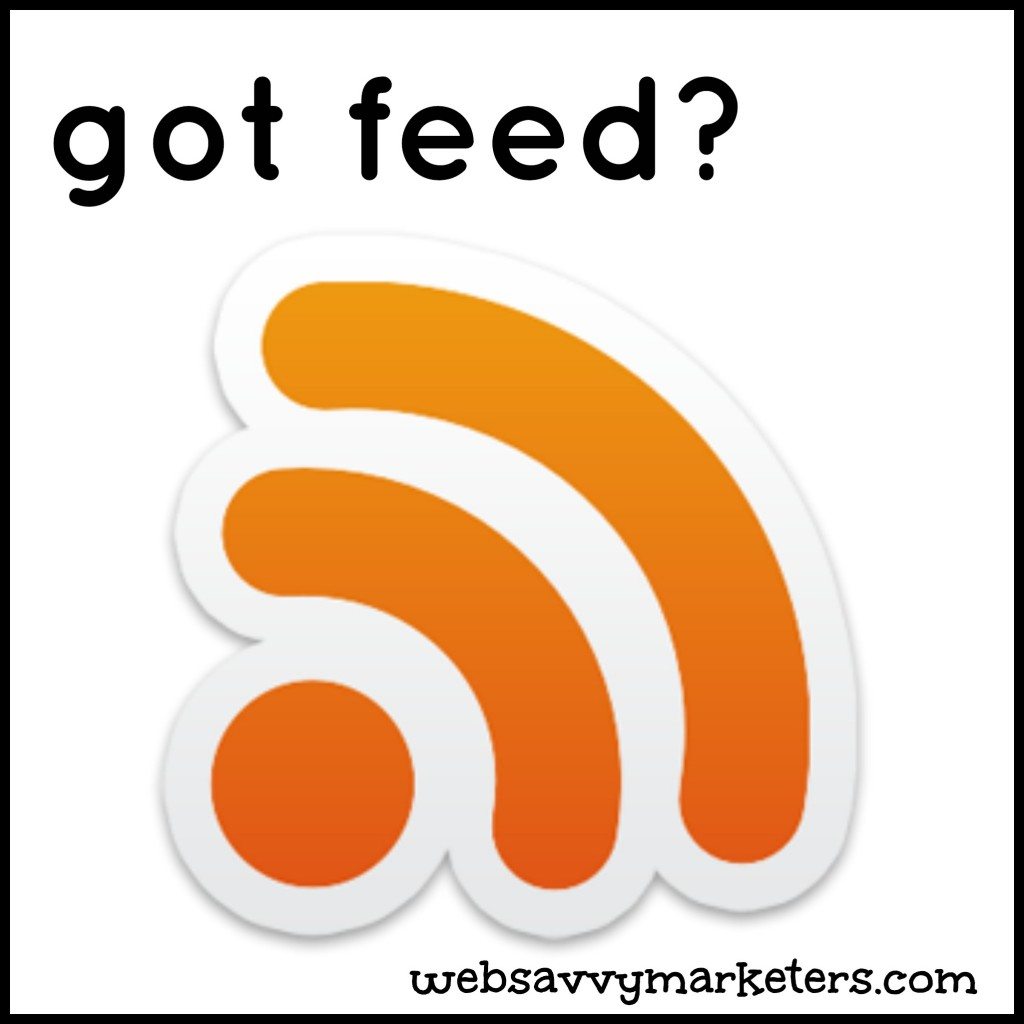 Are you ready to change the way you read information on the World Wide Web? The internet is like a massive library with books strewn all over the place. So much free information and entertainment available without having to get out of your chair, but how do you keep track of the things you want to follow?
Are you ready to change the way you read information on the World Wide Web? The internet is like a massive library with books strewn all over the place. So much free information and entertainment available without having to get out of your chair, but how do you keep track of the things you want to follow?
As it turns out, it’s rather simple. If you like getting daily or weekly updates on certain topics, want to see it organized, enjoy following your favorite sites, and want it all in one convenient place, then you need RSS feed.
RSS is Rich Site Summary, or Really Simple Syndication, and it has the ability to inform you with real, personally selected, continually updated news. In comparison to what social media offers, this is an improvement over random, not tailored to your needs, late-arriving, often false news delivery.
RSS feed takes the websites you choose to follow and distills the information down to the most important parts. The feed from your favorite sites are automatically updated and republished in one place for efficient reading without ever having to visit them.
RSS Feed Is Better Than Bookmarks
Many of you probably bookmark sites for later referral. This is a problem for several reasons:
- You have to manually return to the site for updates.
- When sites don’t update frequently, you’ll keep seeing the same old information.
- You might miss information when a site updates frequently because you forget to check your bookmarks.
- It’s a complicated process when you try to keep track of multiple sites at once.
- You’re doing all the work surfing the web through your numerous bookmarking and link clicking.
Who Publishes RSS Feeds?
Most websites and blogs publish RSS feeds, including magazines, news sites, stores such as Amazon and iTunes, and podcasts. You will often see a link with a picture, one of the universal feed icons labelled “RSS,” “XML,” “Subscribe,” or “Atom.” These are all ways for you to subscribe to a site’s content through an RSS feed.
The most common feed icon is a little orange button with a dot and two downward-curving bars. This tells you that this site’s feed is freely available.
What Are Some Ways RSS Feed Will Rock My Web Experience?
RSS feeds can help you in a number of ways:
- Unclutter your email inbox by storing website updates in your RSS feed reader. Read them (or not) at your convenience.
- Unsubscribe or subscribe to email lists without having to ever give your email address away.
- Save time and stay informed on the latest updates without having to visit all your favorites sites.
- Save your favorite sites and stories without having to worry about losing or forgetting the web address.
- Read a whole lot of blogs and articles in record time by scanning through all the headlines and selecting what you want to read, all organized in one handy location.
- Eliminate the distraction of advertisements on a site by sticking to the content only on your RSS feed.
How do I read RSS feeds?
The way to read your RSS feeds is through RSS feed readers. These are websites that allow you to subscribe to selected blogs and articles by signing up for an account. Many excellent RSS feed readers are free and involve two components. The RSS feed and the RSS feed reader or aggregator.
The feed reader is the feed reading application, or news aggregator, and there are many different options. There are five categories of feed readers, depending on how you want to read your feeds:
Web-based Feed Readers
If you prefer to read all your articles from a browser, without any set-up hassles, this is the easiest and most flexible choice. Feedly, Digg, and Feedreader are popular web-based reader sites and are accessible from any computer with internet.
Desktop Feed Readers
Desktop feed readers let you read your feeds separate from your browser by installing them into your computer. Examples aren’t easy to find, probably because web-based RSS feeds are taking over, but I found two that haven’t been discontinued: NetNewsWire for the Mac and Straw for Linux.
Built-In Browser Feed Readers
It appears that these are disappearing fast, whereas many different apps are cropping up that you can download for a built-in feed reader. Opera still has a version as a browser, and many search engines offer a “My” site homepage with the ability for a limited RSS feed, such as Google, MSN, Yahoo, and AOL.
Email-Based Feed Readers
You’ve probably heard of Google alerts, an email-based feed reader. If you’re set on following your chosen topics via email, this is the way to go. There is also a Chrome extension called RSS Feed Reader and an application for Windows and Mac OS X called Feed Notifier. This option notifies you of a new item in your subscribed feed with a pop-up display on your desktop instead of in your email.
Mobile Device Feed Readers
These are growing in popularity and are available with Yahoo, Google, AOL, and Apple, all designed for on-the-go reading and keeping you connected to the information you want, wherever you go.
Stay tuned for more on the online RSS feed readers and how they rate.